See our
Trustees Committee

Actress/Sawsan Badr
Honorary Chair of the Festival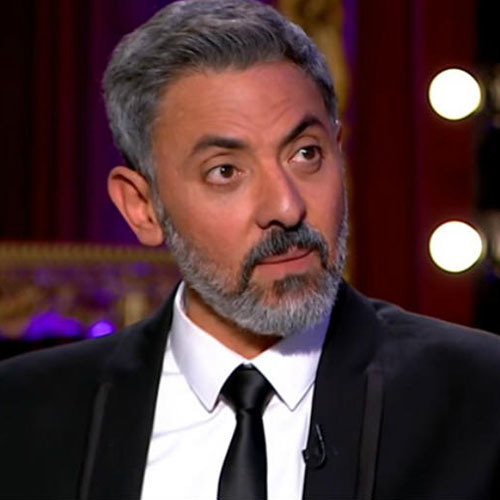
Actor/ Fathy Abdelwahab
Board of Trustees membership
Khairy Bishara
Film Director
Moushira Khattab
Ambassador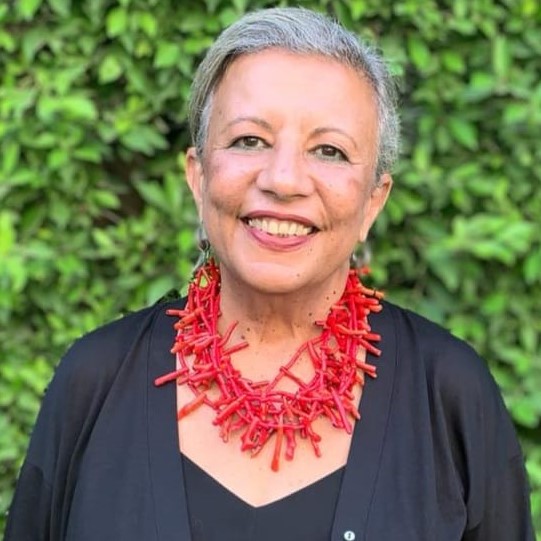
Mouchira Moussa
Journalist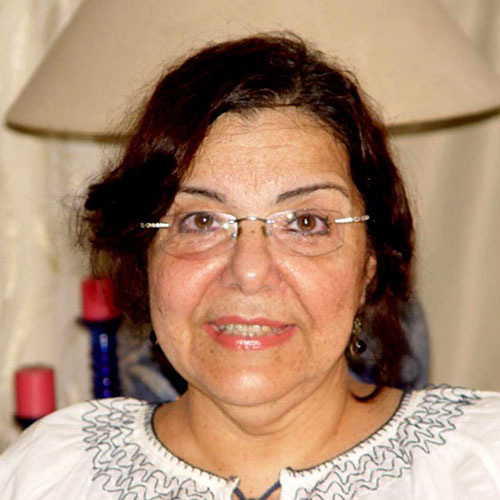
Abla Al Rowainy
Journalist and critic
Writer and Director/Nora Amin
Establishing consultant
Saeed Qabeel
Artist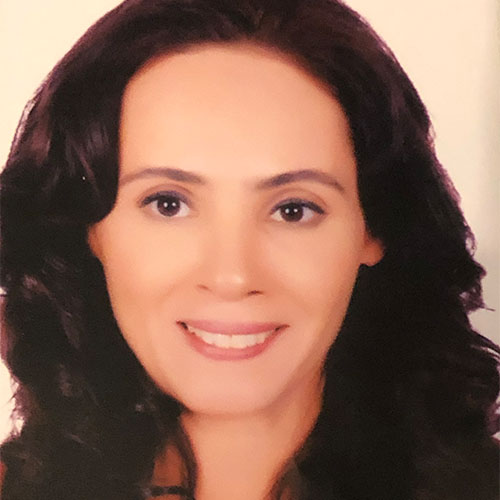
Actor and Director/Abeer Loutfy
Head of the festival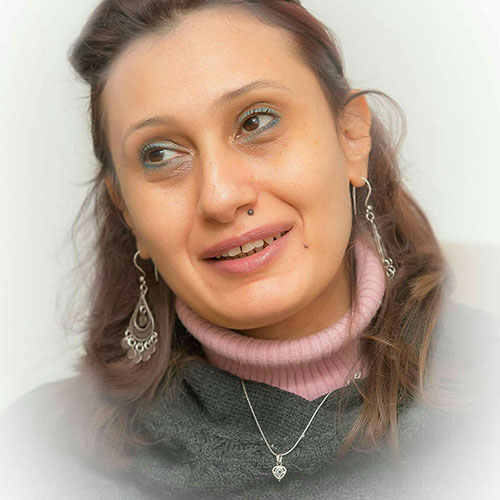
Writer/Rasha Abd El-Monem
Festival Manager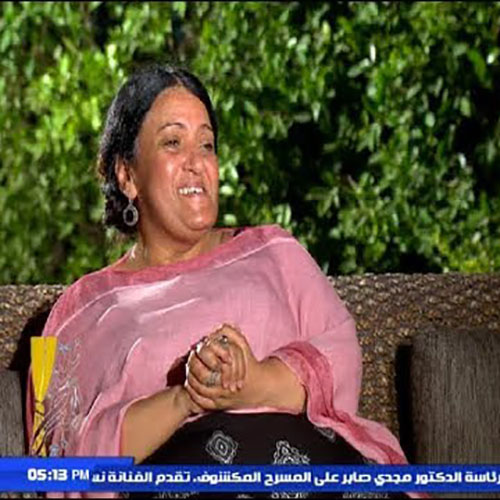
Director and Writer/Abir Ali
Festival Manager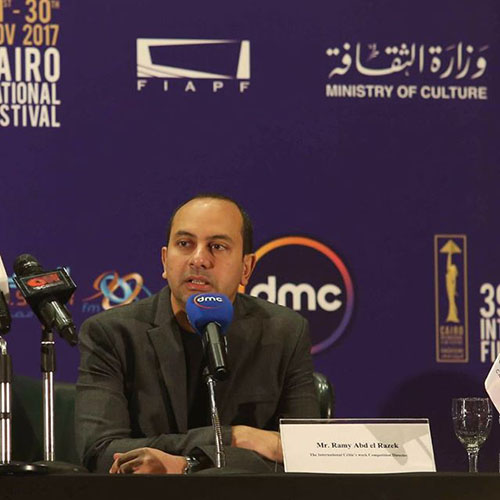
The Critic/Ramy Abd El-Razik
Artistic ConsultantBoard of Directors
Actor and Director/Abeer Loutfy
Head of the festivalWriter/Rasha Abd El-Monem
Festival ManagerDirector and Writer/Abir Ali
Festival ManagerThe Critic/Ramy Abd El-Razik
Artistic ConsultantOur Partners
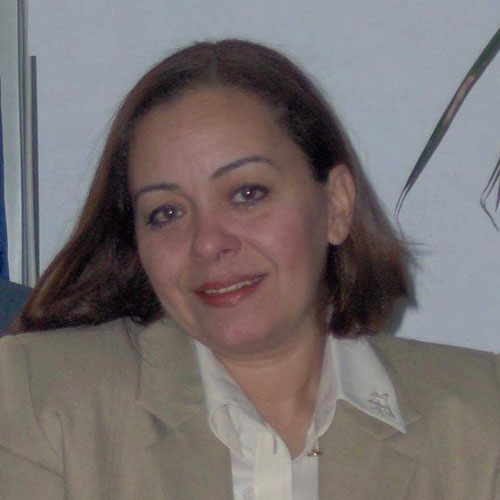
Lubna Muharram
Yohemonhy Al Ensan Board Director
Yohemonhy Al Ensan
14 live theatrical performances were presented in the founding session of the ISIS International Women’s Theater Festival, and “Frida” and “Miss Julie” were present in cyberspace throughout the festival days.
The ISIS International Women's Theater Festival concluded its founding session today, “Fathia Al-Assal Session,” by bidding farewell to the Arab and foreign groups participating in the festival after they entertained us with their performances over 6 days. The festival witnessed the participation of 10 countries with 14 live theatrical performances in addition to two online performances. The festival was opened by the El-Sitt Tabla Band with a group of popular songs to the tunes of the drum and flute. The first performance of the festival was “Baheya” based on Najib Sorour’s novel “Yassin and Baheya” by the Knights of the East band, a dramatic vision by Mohamed Fouad, designed and directed by Karima Badir, and it revolves around a simple story. To answer the famous Mawal folk song, “Oh Bahia, tell me who killed Yassin,” he is the feudal pasha against whom Yassin sparked the revolt as revenge for Bahia and in response to his injustice and tyranny. On the second day of the festival, the play “Lady Mother” by the Dutch artist Anne-Marie de Bruijn was presented, inspired by the text of Shakespeare’s “Macbeth,” in which Anne-Marie used a marginal character in the Shakespearean text to rebel against him. She is the character of the servant of Macbeth’s house, whose role is limited to only one scene while she transforms. In Lady M, a main character tells her story with Lady Macbeth and her position on Macbeth’s killing of the king, revealing all the hideous details that Shakespeare neglected to mention. Written by Ancienne Corsalman, Anne-Marie de Bruyne, David Giesen, and Randa Dales, directed by David Giesen and starring Anne-Marie De Bruyne. The women of Hamlet also rebel against Shakespeare in the presentation of “Their Hamlet,” which is a rewriting of Hamlet from the translation of Jabra Ibrahim Jabra. Director Saeeda Al-Daas says about it that the Shakespearean woman constitutes a primary motivation for most of the events that are heading toward disastrous endings as usual, and she is either strong, intelligent, and able to draw features. The other characters have hidden hands, or are weak, surrendering to the other who finds his only refuge in them. In both cases, Shakespeare always gives us a woman in whose eyes we read his entire texts with their events, characters, and endings, and from here the show gets to know the text of “Hamlet” through a sharp and controlling reading in Gertwood’s eyes, and another subdued and submissive reading in Ophelia’s eyes, a reading that reduces all the characters to just two characters. , starring Noura Esmat and Amira Abdel Rahman, Assistant director, Shaima Al Zoghbi, and Najla Younis, violinist. In the screening of “Moftah to Fame,” director Doaa Hamza and artist Imad Ismail presented the tragedy of the extras and their lost dreams through the characters “Moftah” and “Shahra,” the cinema extras, as they are expelled from the filming site due to their failure to act out a scene, and are subjected to imprisonment in the dressing and props room through... The mistake and this room bears witness to their wasted dreams and talent. In the “Kandata” show, the Japanese band raised the question about “What is God to you” and “What is man?” inspired by the Japanese literary text “The Spider’s Thread,” written by Irina Sagi and Yasuhiro Kazamatsu, directed by: Irina Sagi and performed by Irina Sagi and Iri Tomoa. Kai, Maki Maki and choreographer Masao Miki, And the music of Yutaka Ohta. While the Russian dance show “Road” expressed the experiences that a person lives and the choices he makes that determine his path in life, the Performance Theater Laboratory troupe was presented by the idea and direction of Lydia Kubina, and performed by Lydia Kubina, Tatiana Gukas, Ksenia Samoilova and Maria Davydova, music by Alexei Nadjarov, and lighting. Olega Strashkin. Director Samira Al-Asir investigated the concept of freedom in the Jordanian show “Bird Cage,” and the idea of fear of freedom, fear of greatness, fear of failure, and how humanity puts itself in a cage of safety and chooses contentment as a hideout under the guise of self-contentment, without considering the price paid in return. , starring Muhammad Nizar, Majd Eid, Ibrahim Nawabneh, and Muthanna Al-Qawasmeh, and scenography by Enad Bin Tarif. Director Reem Hijab addressed the idea of freedom of will through the presentation of “Carmen,” written by Ludwig Halvey and Henri Milhac, which she re-presented with a contemporary vision through her translation and processing, about the story of Carmen, a gypsy who is proud of her free will. A committed soldier falls in love with her, turning his life around, and he loses himself in her love after he fails. In maintaining a balance between his world, which is bound by rules, and her free world, which is not governed by any rules or obligations. Starring Reem Hijab, Ahmed Adel, Ahmed Marei, Adham Shukr, Iman Thabet, Hussein Al-Shafi’i, Rania Zahra, Salma Tariq, Marina Magdy, Mohamed Gad, Mohamed Al-Soury, Mohamed Ghazawi, Mohamed Mahmoud, Maryam Mansour, Mona Abu Deif, Nour Hashem, and produced by Al-Hanager Center for the Arts, and the Dangerous Theater Amateur Troupe performed in the show “Here is Cairo” 6 Short comedic plays that deal with very stereotypical and Egyptian stories, almost bordering on clichés, but they are a sarcastic psychological war on accepted beliefs and conditions that are slowly killing us all. Written, directed and costumed by Rasha El Gamal, and starring Karam Imad Lotfy, Jihad Hossam El Din, Shahd Hazem, Abdullah El Nahhas, and Marcel Michel. Milad, Mohamed Saadoun, Mohamed Magdy, Mohamed Sabry, Mustafa Hassan Mansour, Nadine Khaled, Nadim, and Walid Kamal. As for the Syrian artist Amal Hawija, she presented in the Syrian show “Malkah”, directed by Zeina Zaraf, which deals with a night in the life of a single woman, who lives in the hope of the return of her husband who was kidnapped by an unknown party ten years ago, and is refreshed by the contacts of her children who emigrated years ago due to the war and each of them. In the country, and restore part From her home, which was damaged in the war, she escapes from the pressure of war to her humanitarian activities with her neighbors and with everyone who needs help. Under the title “Corridor: From Repression to Expression,” Brazilian artist Barbara Santos presented a performance produced by German about finding a crossing point for oneself, about walking down the corridor of memories that were poorly told and in hidden stories of history, and it deals with attempts to realize the places of restrictions, both physically and morally. Those restrictions that imprison the occupied body and the defeated spirit that harbors it, it also attempts to recognize and confront the restrictions previously placed with the aim of avoiding the full experience of your being, and in the end, it represents passing through the occupied body to discover and liberate the body politic. While Tunisian director Wafa Taboubi discussed relations Between a man and a woman in her show “The Last Time,” a male and a female alone in a closed space as if they were the last two on the face of the earth. Loneliness and a feeling of boredom push them into the game of time, fear, isolation, doubt, and struggle with the other to kill the monster lurking within them. They play the game of civilization and urbanization. Which reminds them of the lost routine life and pushes them every time to resort to violence, tyranny, hatred and rejection of others, and every time the weakness inherent in them appears, performed by Maryam Ben Hamida and Osama Koshkar. As a product of Dr. Nihad Saliha’s incubator, which the festival organized in cooperation with the Tahrir Lounge of the German Goethe Institute, the festival presented two shows, “A Lonely Woman” by Menna Maher, and “The Kitchen” by director Mohamed Adel. “Lonely Woman” is a monodrama about a woman who lives alone. Her eyes meet a neighbor and a friendship begins between them. So she tells her about her life, about her husband who mistreats her and then orders her to have sex with him, about her infant child whom she takes care of alone, in addition to the husband’s crippled brother who does not stop harassing her with his harassment, and the man who calls and then calls back hundreds of times in one day to describe her with the lowest qualities, and the neighbor who His window faces her window, who spies on her all day long, and the young man, who is decades younger than her, who falls in love with her, and she falls in love with her as well. An emotional and sexual relationship develops between them, which the husband discovers one day. He only punishes the woman by constantly confining her to the house, so she receives punishment in the form of monotonous household chores that continue day after day. The show is written by: Dario Fo and Marco Rama Dramatura, directed and acted by Menna Maher, and the scenography is by Osama Al-Hawari. As for the "kitchen" It is inspired by real events of a woman who finds herself trapped in her home between her husband and a sex worker who frequents her husband. A strange friendship develops between the wife and the sex worker that turns their lives upside down. Written and directed by Mohamed Adel, starring Lubna Al-Mansi, Ahmed Shukri, Marina Magdy, and Ahmed Adel, and composed by Moataz Al-Adham. And the decor of Salma Abu Al-Fadl, and the clothes of Lubna Al-Mansi. As for the online performances, they were represented by the two shows “Frida’s Flying Wings” from Romania, which is available on Link on YouTube throughout the festival. It is about the poem of love and the painful life of Frida Kahlo, and is expressed with many metaphors and symbols using dolls. Symbolic tools and animation in the sand about her life, bringing together motion design and animation theatre In a way that makes the artist’s painting immersed in that atmosphere, written by Frida Kahlo, directed by Alice Prato, and the second show, “Miss Julie,” by the British-Chinese Amy Ang, and an online show in cooperation between the festival and the British Council, and its events take place in the city of Hong Kong during the Chinese New Year’s Eve celebrations in 1940, Julie. The daughter of the British governor of the island crashes the servants' party downstairs, and what begins as a mere game turns into a battle for survival as sex, power, money and race collide on a hot night in the Pearl River Delta. Produced by New Earth Theater and Storyhouse, Amy Ng reinterprets this classic psychological thriller in a contemporary, politically charged setting, filmed at Storyhouse. Written by Swedish writer John August Strindberg, prepared by Amy Ng, directed by Dadio Lin, designed by Adam Wiltshire, sound and music design by Max Berment, Violin Camelia Bidlowska, and lighting design by Chris Duffy, direction by Yariet Dor, and crewman Yukiko Masui, and starring Sophia Robinson as Julie and Jennifer Leung as Christine and Liu Wan as John.